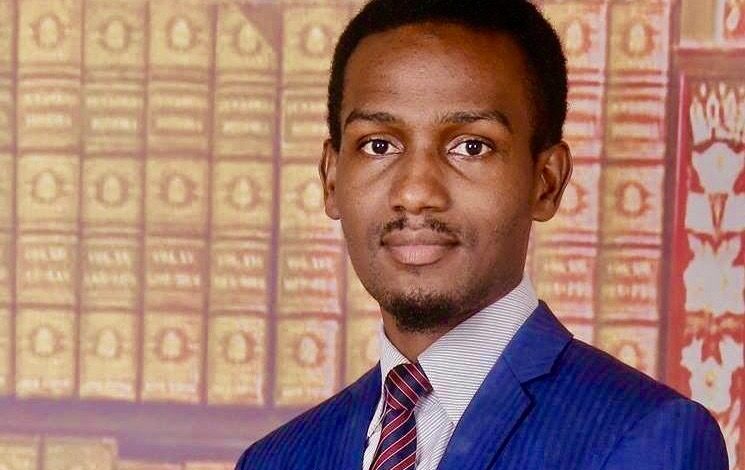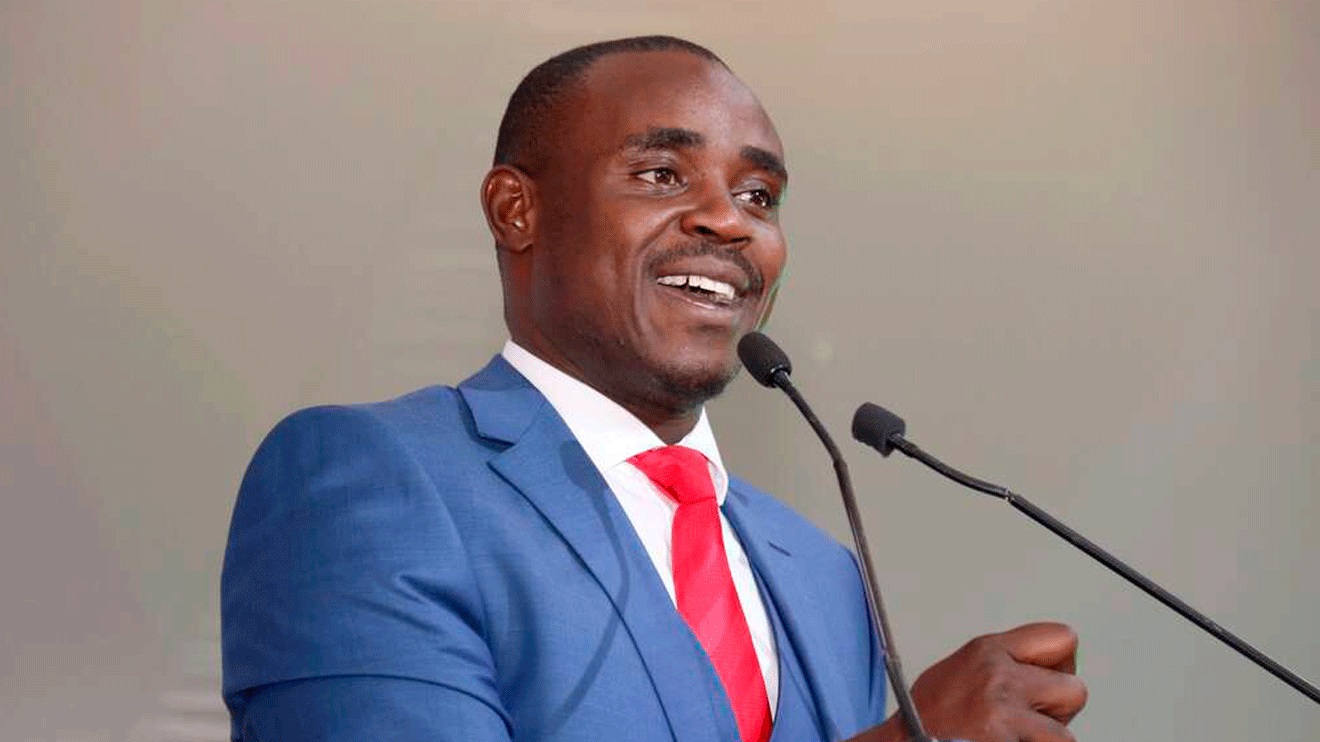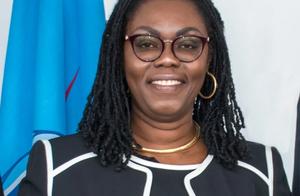
Dadiyata Biography: Abubakar Idris, better known by his alias Dadiyata, is a name that has become synonymous with activism, political dissent, and the fight for human rights in Nigeria.
Dadiyata, a vocal critic of the Nigerian government, became a prominent figure due to his outspoken opposition to the policies of the Nigerian political elite, particularly those associated with the former Governor of Kaduna State, Nasir El-Rufai.
His sudden disappearance in 2019 has since raised significant questions regarding the safety and security of political activists in Nigeria, with global calls for justice and transparency in the investigation of his case.
In this biography, we will explore Dadiyata’s life, rise to prominence as a political activist, career, and the ongoing search for justice following his disappearance.
We will also provide insights into his family, personal life, career trajectory, and the impact of his activism on Nigerian politics. This detailed account honors his memory, keeps his cause alive, and continues the fight for truth and justice.
Dadiyata Biography
Dadiyata symbolizes Nigeria’s struggle for human rights, justice, and freedom of speech. Abubakar Idris, also known as Dadiyata, was a fierce critic of the Nigerian government and an influential figure in the fight against corruption and political oppression. However, his life took a tragic turn when he was abducted from his home in August 2019, and his whereabouts remain unknown to this day. His disappearance has sparked protests, global outcry, and calls for a thorough investigation into the matter.
Despite the lack of closure, Dadiyata’s legacy lives on. He continues to inspire those who believe in the power of free speech and the importance of standing up against political injustice. This biography will explore his life story, career, contributions, and the ongoing search for justice in his case. By reading this detailed article, you will learn more about Dadiyata’s life, his activism, and the impact of his work on Nigerian society and beyond.
Full Name, Age, and Background
Full Name: Abubakar Idris
Alias: Dadiyata
Date of Birth: Early 1980s (exact birth date unknown)
Age (as of 2025): Estimated to be between 40 and 45 years old
Nationality: Nigerian
Ethnicity: Hausa-Fulani, from the northern region of Nigeria
Education: Federal University Dutsinma, Katsina State
Occupation: Political Activist, Lecturer, Social Media Critic
Abubakar Idris, widely recognized by his alias Dadiyata, was born and raised in Nigeria’s northern region. He earned his degree from Federal University Dutsinma in Katsina State, where he worked as a lecturer before transitioning into full-time activism. Dadiyata was highly educated and well-spoken, which enabled him to express his political views effectively, especially on social media platforms where his influence grew rapidly.
Family and Personal Life
Dadiyata’s family background has remained private, with limited public information about his parents or immediate relatives. However, it is known that he was a father and had close relationships with his family. His wife and children have not been publicly disclosed, as Dadiyata, while a public figure, maintained a relatively low profile regarding personal matters.
What is clear is that Dadiyata’s disappearance has deeply impacted his family, and they continue to be vocal in demanding justice and seeking closure on the matter. His supporters and family members regularly share their concerns about the lack of progress in the investigation, and many have used the hashtag #WhereIsDadiyata to keep the conversation around his case alive.
Career and Activism: Dadiyata’s Fight for Change
Dadiyata’s career was rooted in activism. His rise to prominence began with his vocal critiques of the government, particularly the administration of Nasir El-Rufai, the former governor of Kaduna State. Dadiyata’s primary platform was social media, where he expressed dissatisfaction with various political issues affecting Nigerians, including corruption, governance failures, and human rights abuses.
Political Activism on Social Media
Dadiyata’s activism gained significant traction through his Twitter and Facebook accounts, where he became well-known for his sharp and candid posts about political corruption and government misconduct. He used these platforms to hold politicians and public figures accountable, sharing his views on everything from economic mismanagement to the treatment of marginalized groups. His popularity skyrocketed as his posts resonated with many Nigerians disillusioned by the political status quo.
Dadiyata’s critiques of Nasir El-Rufai were exceptionally hard-hitting. As a vocal critic of El-Rufai’s policies, Dadiyata became a prominent figure in Kaduna’s opposition circles. His views on governance and political issues caught the attention of many, but they also made him a target for those in power.
Advocating for Human Rights and Accountability
Dadiyata’s activism was not limited to political issues; he also spoke out against human rights abuses in Nigeria. His efforts aimed to highlight ordinary Nigerians’ struggles, especially those who faced violence, poverty, and marginalization. Dadiyata’s calls for accountability in governance and his push for transparency in public office made him a significant voice in Nigeria’s fight for human rights.
He also participated in several protests and movements aimed at amplifying the voices of the oppressed and drawing attention to the country’s lack of proper healthcare, education, and social welfare programs.
The Disappearance of Dadiyata: A Turning Point
On the night of August 2, 2019, Dadiyata was abducted from his home in Barnawa, a neighborhood in Kaduna State. He had just returned home around 1 a.m. and was on a phone call when armed men entered his house, seized him, and took him away in his vehicle. His sudden and unexplained disappearance immediately raised alarm among his family, friends, and supporters.
Despite extensive media coverage and public outcry, Dadiyata’s whereabouts remained a mystery. No one claimed responsibility for the abduction, and the Nigerian authorities were slow to provide any significant updates. His disappearance has been widely viewed as politically motivated, given his outspoken criticism of the government.
Dadiyata’s case sparked protests within Nigeria and abroad in the following months and years. Human rights organizations, including Amnesty International and Human Rights Watch, demanded that the Nigerian government investigate the case thoroughly and ensure that Dadiyata was released or disclosed his whereabouts. However, as of 2025, the case remains unsolved.
Global Reaction and Calls for Justice
Dadiyata’s disappearance has resonated globally, with many human rights organizations condemning the Nigerian government for failing to protect political activists and failing to resolve his case. The #WhereIsDadiyata campaign gained momentum as people around the world joined in calling for justice for the missing activist.
International organizations like Amnesty International, The United Nations, and Human Rights Watch have all demanded that the Nigerian government conduct a thorough investigation into Dadiyata’s abduction. However, there has been little official progress, which has sparked further criticism of the Nigerian government’s handling of the case.
The Legal Implications of Dadiyata’s Disappearance
In Nigerian law, if a person has not been heard from or seen for a specific period, they may be presumed dead. Under Section 164(1) of the Nigerian Evidence Act, a person absent for seven years without communication may be legally declared dead. As of 2025, Dadiyata’s case is approaching this legal threshold, and many have begun to worry that he may be declared dead in the absence of any definitive information about his fate.
This situation has created a legal and emotional dilemma for his family and supporters, who continue to demand answers and accountability from the Nigerian government. Despite the passage of time, the #WhereIsDadiyata campaign persists, as his supporters refuse to give up on the search for justice.
Dadiyata’s Legacy: Continuing the Fight for Justice
Dadiyata’s life and disappearance have left an indelible mark on Nigerian politics and the fight for human rights. His case continues to serve as a symbol of the dangers faced by those who speak out against political oppression in Nigeria. Dadiyata’s critics view him as a hero who paid the ultimate price for his courage, while his supporters see his disappearance as a rallying cry for justice and reform.
The ongoing campaign for Dadiyata’s safe return or the disclosure of his fate continues to grow as more Nigerians and people worldwide join the call for answers.
Conclusion: The Fight for Freedom of Expression
The story of Abubakar Idris (Dadiyata) is far from over. As of 2025, his case remains one of Nigeria’s most prominent examples of political activism, underscoring the significant risks those who challenge the status quo face. Dadiyata’s life, activism, and subsequent disappearance highlight the critical need for greater protection of political activists, free speech, and human rights in Nigeria.
While his whereabouts remain unknown, his influence continues to be felt, and the fight for justice continues. As supporters demand answers, Dadiyata’s story will remain a powerful reminder of the importance of speaking out for what is right, even when the odds are stacked against you.
Call to Action
If you believe in the power of free speech and justice for all, consider supporting the #WhereIsDadiyata campaign. Share this article, raise awareness, and keep the conversation going. The fight for justice is not over, and Dadiyata’s story is a call to action for all who care about human rights and the protection of dissenting voices.




